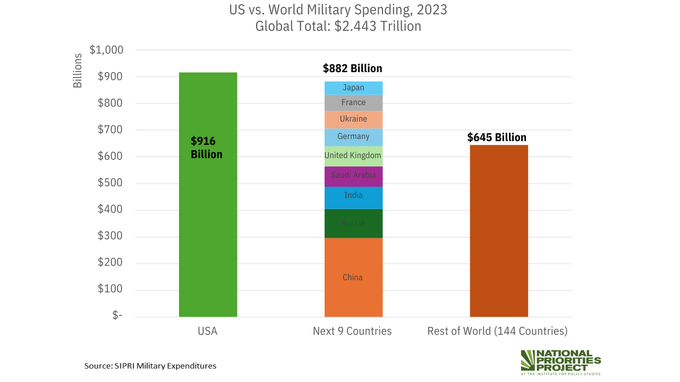
U.S. Military Spends More than the Next 9 Countries in 2023
The United States needs to abandon our ceaseless arms race in favor of investments in rapid renewable energy and an equitable housing system.

The United States needs to abandon our ceaseless arms race in favor of investments in rapid renewable energy and an equitable housing system.
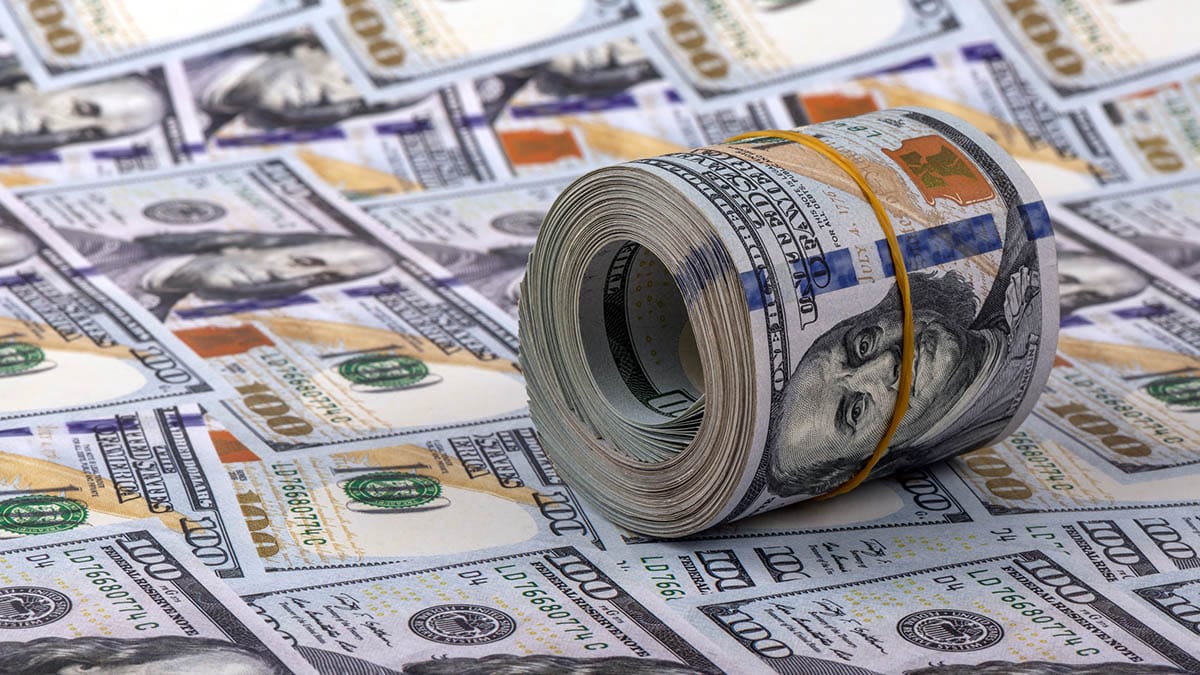
It’s time to end the free ride that our richest are getting from flat tax rates during tax season.

Getting money out of politics, repealing anti-dissent laws and holding elected officials accountable are equally important to democracy.

A new book explores an eminently doable route for confronting corporate greed
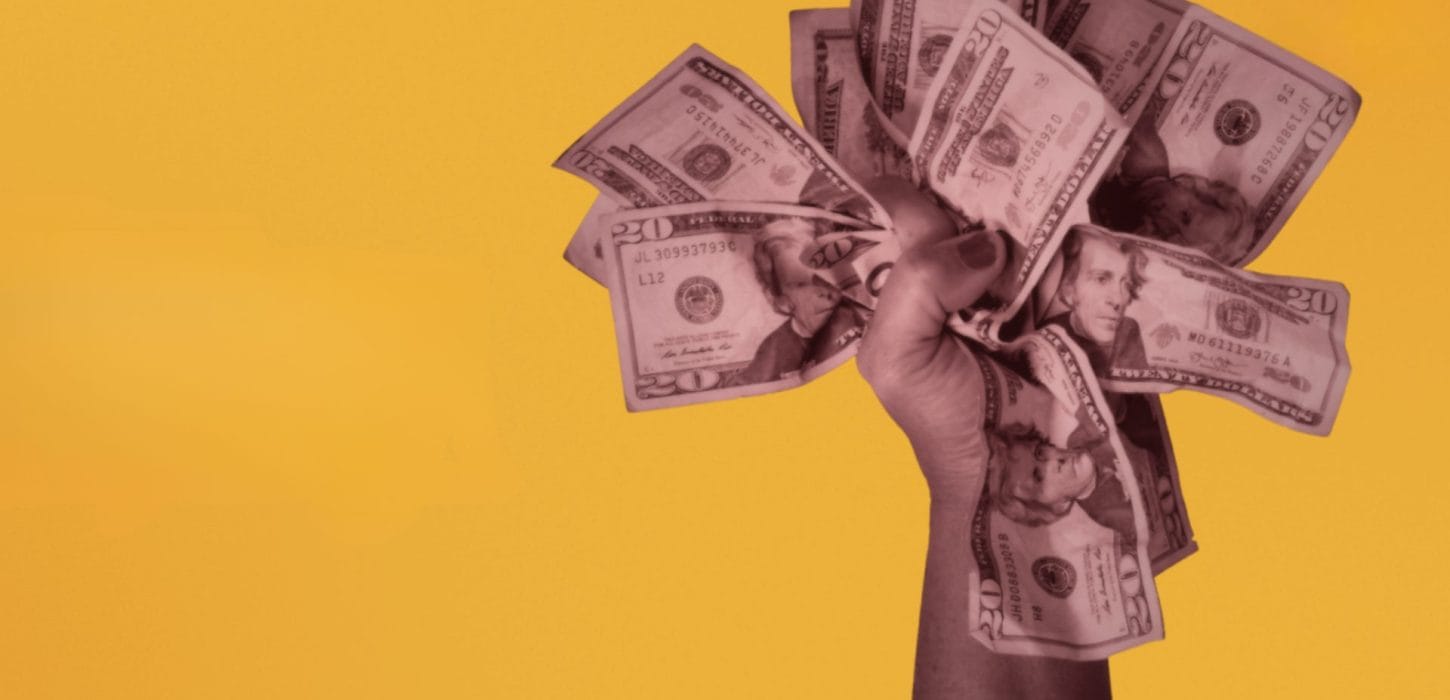
Prominent philanthropists, national funders, and policy organizations are launching a campaign to call for common sense charity reforms.

There are now 813 billionaires with $5.7 trillion in wealth, making the ten-figure club even more powerful economically and politically. We need a progressive taxation system to reverse inequality.
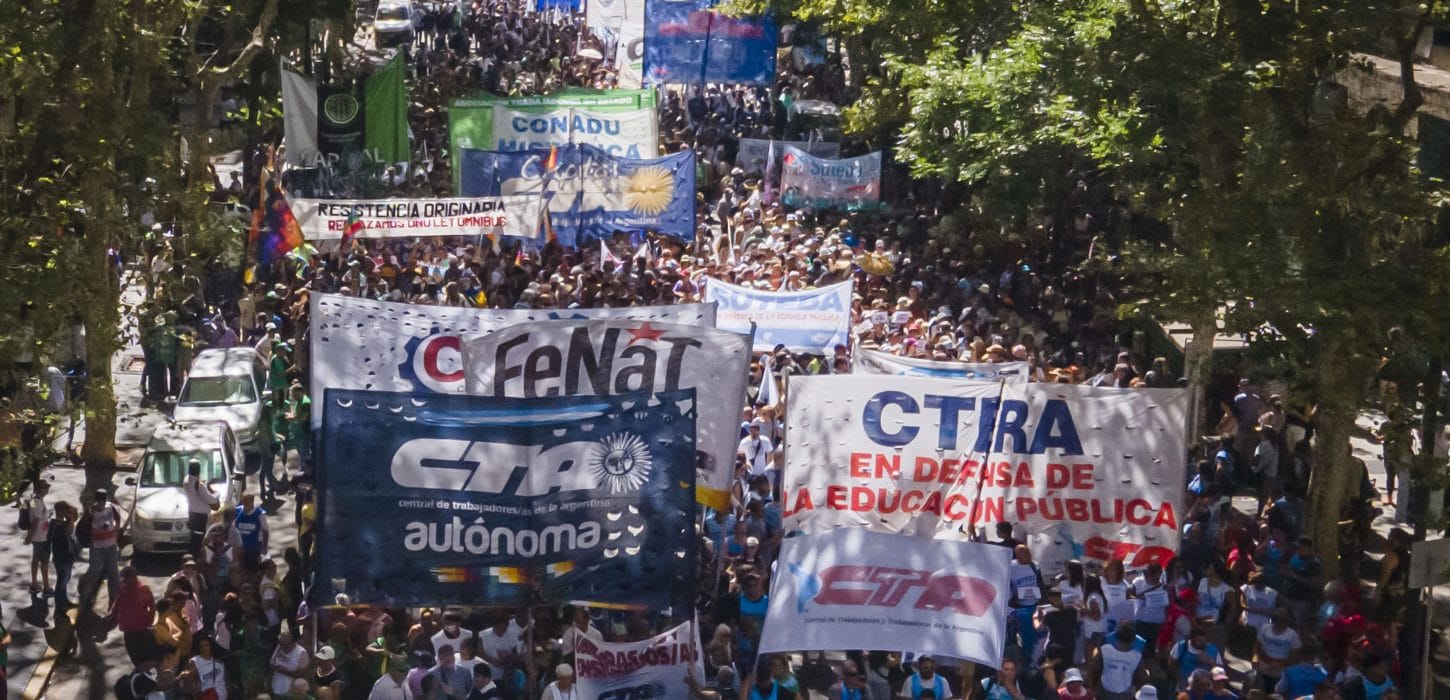
Organized labor offers a counterbalance to democratic backsliding, Argentina’s recent experience shows.
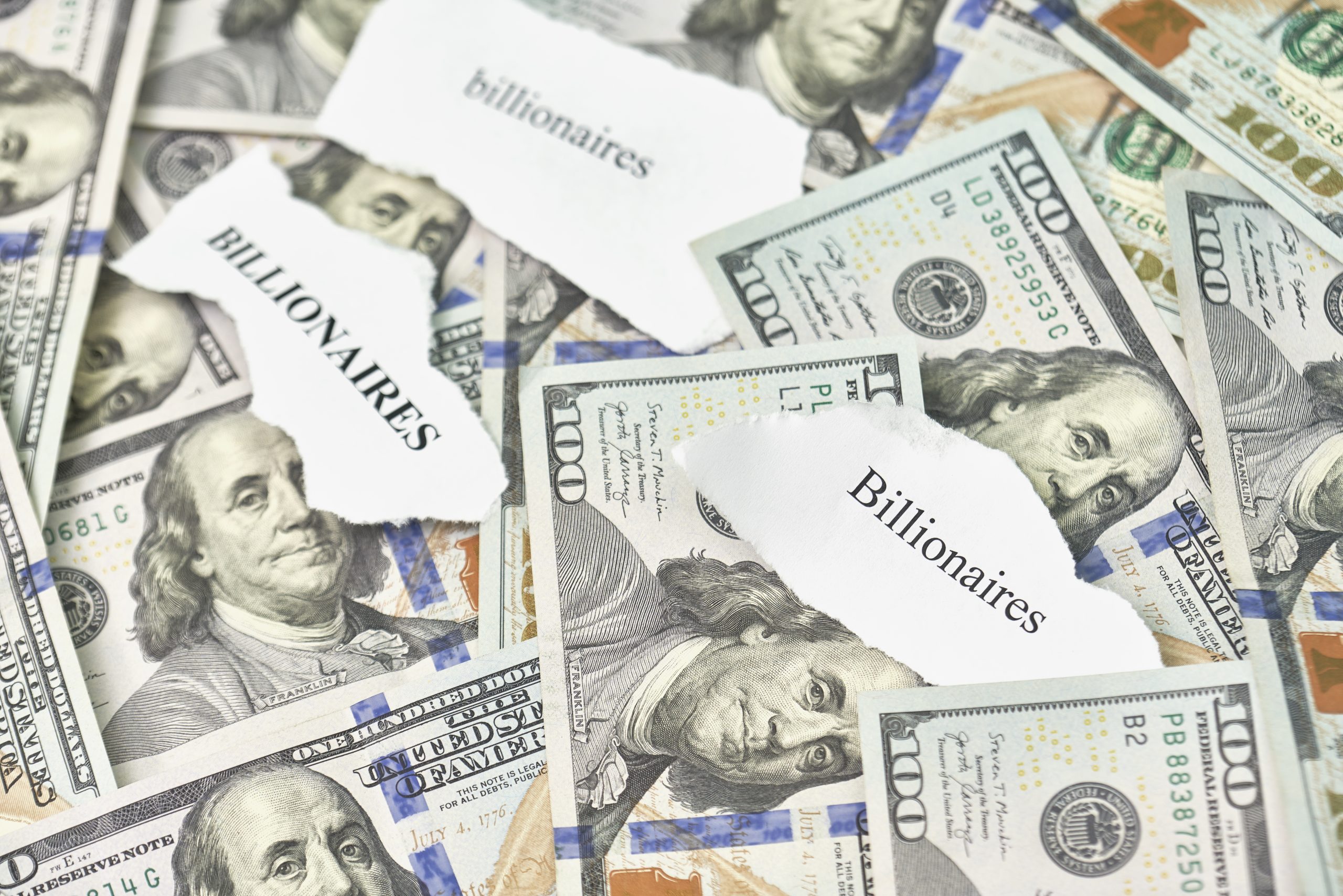
Four years after the start of the COVID-19 pandemic, the United States has 737 billionaires with a combined wealth of $5.529 trillion.
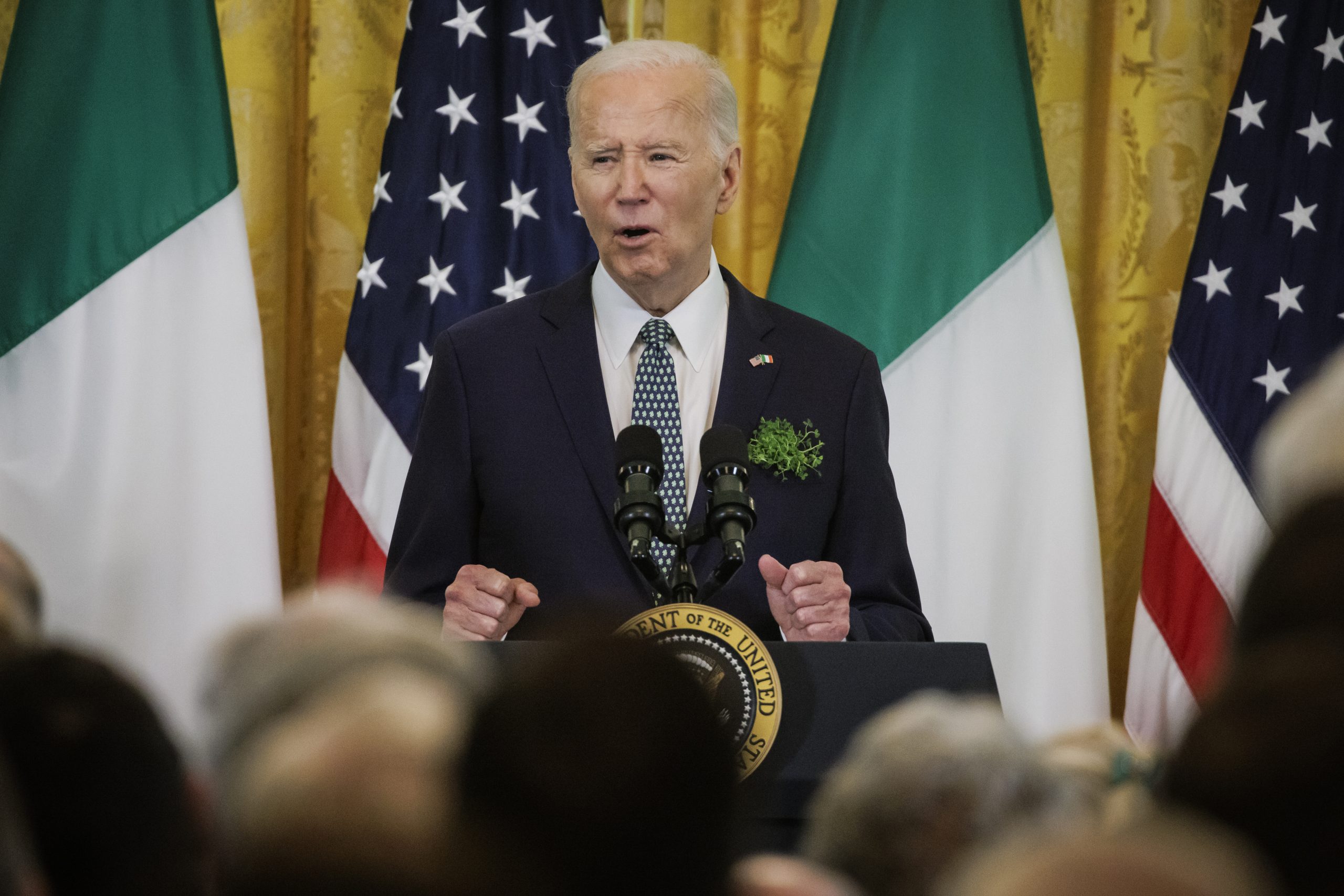
A budget that reflects the needs of the people rather than corporate profit and excessive wealth is a good step in the right direction.

DAFs channel huge amounts of cash to ‘culture war’ groups – anonymously. Why do people get tax breaks for using them?
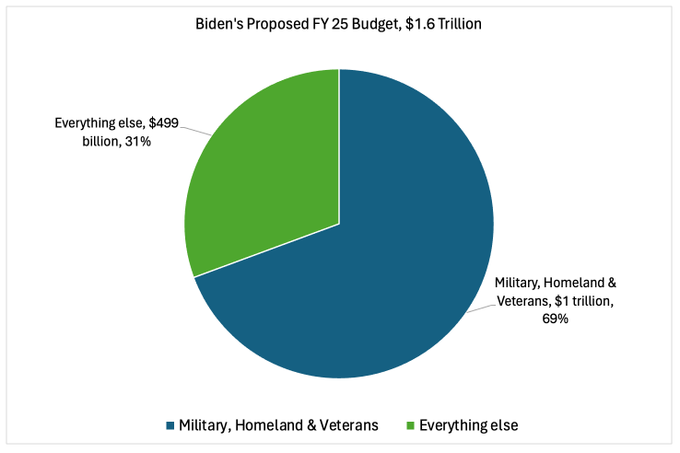
Unless the administration changes its approach, these wars will continue to deprive us of the security we actually need.

We must refuse to be divided by those who want to scare us, and enact some genuine immigration reform.

Can we actually start taxing the rich again? We had better.

Congrats, Taylor, for your talent and decades of consistently great songwriting. You deserve all the accolades and rewards. But I have one request…

Rural land concentration compounds inequality and threatens democracy. Through grassroots land reform, this movement offers hope.